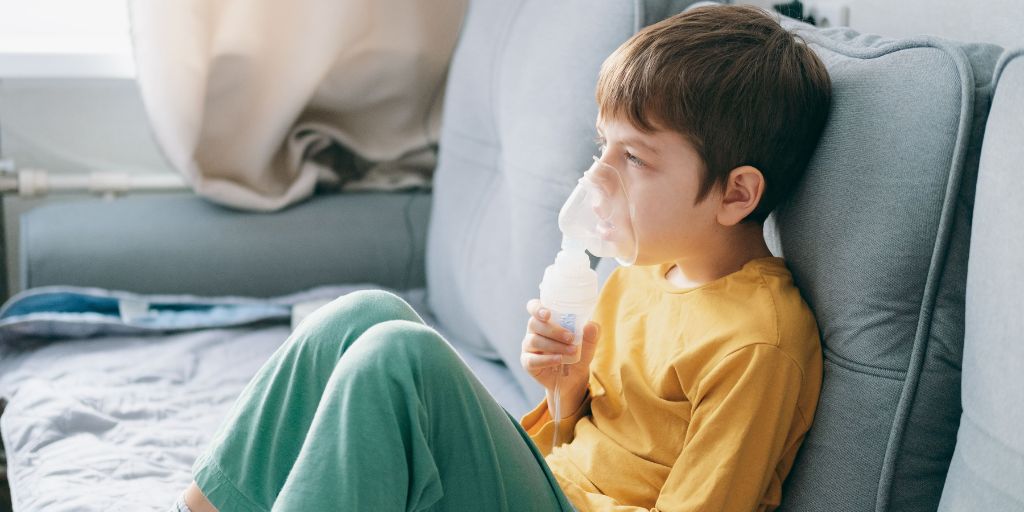
A combination of population health data with fuel poverty insights could be used to identify and treat over 43,000 children at risk of developing breathing problems and worsening respiratory conditions.
The Warm Homes for Young Lungs project adopted a population health platform created by Graphnet and used by 11 Integrated Care Systems (ICS) that are part of CIPHA (Combined Intelligence for Population Health Action).
Mersey and West Lancashire Teaching Hospitals NHS Trust has used this platform in St Helens to proactively identify and support children aged two to seven with a respiratory condition.
Lucy Malcolm, Senior Digital Transformation and Clinical Improvement Manager for NHS Cheshire and Merseyside, said: “The success of this project is down to the level of collaboration across St Helens, the willingness of people to work differently and a population health management focus.
“We are delighted with the positive impact this is having for the families involved.”
Electronic patient records combine with socio-economic and environmental data
The innovative project, which launched in December 2023, has so far helped 156 children at risk of developing breathing problems and worsening respiratory conditions.
If applied across the country, the tactic could help identify and treat over 43,000 children at risk of developing breathing problems and worsening respiratory conditions.
It uses patient records alongside socio-economic and environmental data around fuel poverty to provide a more proactive approach to health interventions for children and adults alike.
The Warm Homes for Young Lungs programme combined the following information with ICS data to identify any children in fuel poverty with a respiratory condition:
• Families classified as Index Multiple Deprivation quintile 1
• Families in areas classified as fuel poverty quintile 1 areas
• Families with children that have been prescribed Salbutamol, and those that have been admitted to hospital in the last 12 months.
CIPHA in action
The CIPHA-backed tool, which supports 17 million people, was used by Cheshire and Merseyside Health and Care Partnership as part of its 12-month childhood wheeze programme.
Following identification, the families of the children were reached out to using Cheshire and Merseyside’s population health platform.
Lucy Malcolm, Senior Digital Transformation and Clinical Improvement Manager for NHS Cheshire and Merseyside, said: “This is a really exciting project, which has brought lots of partners together across the NHS, Local Authority and the voluntary sector.
“The data is enabling us to identify the children most in need of support. The pathway of interventions which follows then uses a family-based approach to improve their health as well as their social and financial wellbeing.
“The success of this project is down to the level of collaboration across St Helens, the willingness of people to work differently and a population health management focus. We are delighted with the positive impact this is having for the families involved.”
This platform uses data to identify patients who are likely to become ill or deteriorate if not helped at an early stage – and to give patients the information they need to better look after their own health.
Families are then contacted through the project and invited to a fortnightly in-person clinic with a respiratory nurse specialist.
The plan is for the Warm Homes for Young Lungs programme to continue in St Helens, and for the approach to be replicated in other areas of Cheshire and Merseyside.












